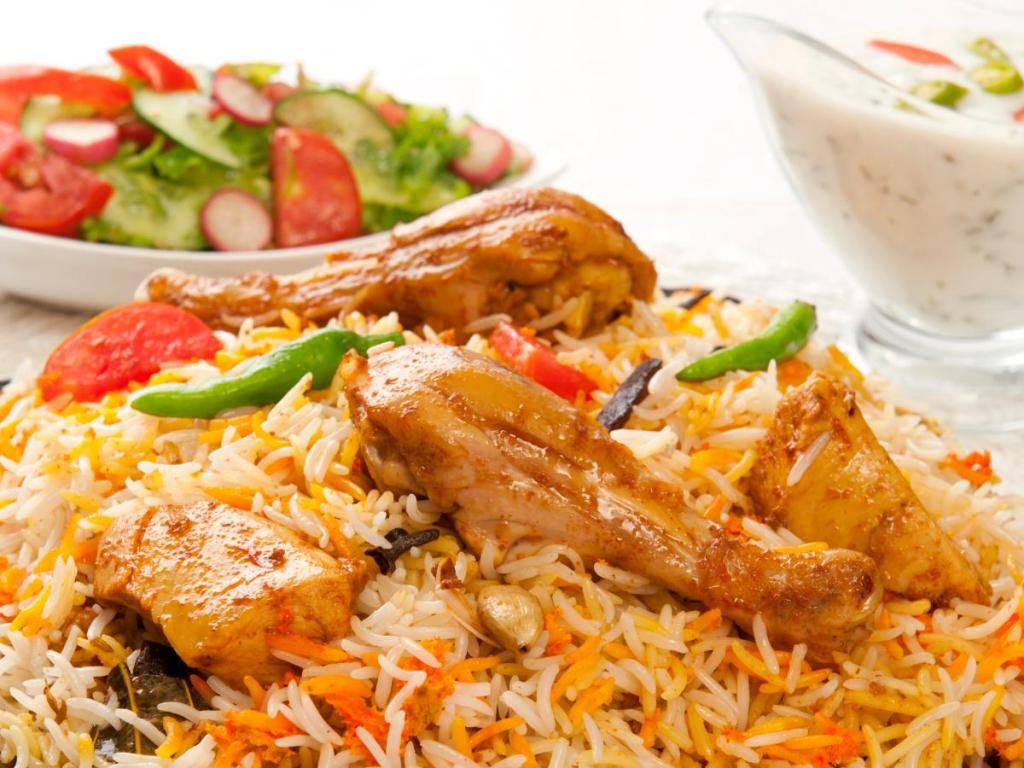
In India, Eid al-Adha or Bakri Eid is also known as the “Festival of Sacrifice” and celebrated on the 10th day of Dhu al-Hijjah, which is the pilgrimage month for Muslims across the world. This is the 12th month of the Lunar or Islamic calendar Eid-al-Adha. This year it is on June 17, 2024. The day marks the end of the annual Hajj Pilgrimage, which is also called Qurban Bayarami or Eid Qurban.
History of Bakri Eid or Eid-ul-Adha: The story behind this festival
Bakri Eid is celebrated to honor the greatest test that God took of Ibrahim. According to legend, Ibrahim experienced nightmares in which he saw himself slaughtering his son Ishmael for God. When Ibrahim told about God’s will to his son, the latter at once agreed to get slaughtered.
However, the “Shaitaan” coaxed Ibrahim to not obey God’s will. But, Ibrahim could manage to resist the temptation of Shaitaan. He hurled pebbles at the Shaitaan.
That’s the reason people throw stones at the symbolic pillar during the Hajj rites. This ritual is called “Stoning of the Devil.” It marks the people’s rejection of Satan.
Eventually, God was happy to see the willingness of Ibrahim and his son Ishmael for the sacrifice. God noted that Ibrahim was ready to sacrifice what was most beloved for him – his son. Impressed by this, Angel Gabriel gave Prophet Ibrahim a lamb from heaven and asked him to sacrifice this lamb instead of his son.
This is how the “Festival of Sacrifice” or Bakri Eid came to be celebrated. Muslims all over the world honor Ibrahim’s commitment to obey God’s orders and Ishmael’s survival. Muslims sacrifice “bakri” or goats to mark this day.
Significance of Eid al-Adha or Bakri Eid
Eid al-Adha or Bakri Eid is the second most important festival in Islam. It is also called Festival of Sacrifice. The first most important festival is Eid-al-Fitr which is popularly called “Meethi Eid” in which Muslims celebrate the day by preparing mouth-watering sweet dishes after fasting for a month.
5 Rules of the Qurbani (Sacrifice)
-
The chief component of Eid al-Adha is the distribution of freshly slaughtered meat and reciting the takbir loudly before and after Eid prayers. This is to be done on the first day and the four days that follow.
-
Eid prayers are to be offered with a large gathering in an open field or waqf, which is called mosque or Eidgah. Men, women, and children should wear their best clothes for these prayers.

-
Any Muslim who is capable of paying the Zakat, which means a Muslim who can afford, should choose the best domestic animal such as goat, sheep, camel, cow, or ram and halal it or sacrifice it.
-
The sacrificed animal is called adhiya, also called qurbani in Perso-Arabic. The animal should meet a certain age and qualities to become eligible for sacrifice.
-
The sacrificed animal should be divided into three halves. The first one-third share is for the family; the second one-third share is distributed to relatives, neighbors, and friends; and the third one-third share is distributed among the needy and poor.
After sacrificing an animal and offering prayers, Muslims celebrate the Festival of Sacrifice by cooking the fresh meat to prepare yummy recipes and relishing it with family and friends. Even before that, they distribute it to the destitute because Allah says that when you are well bestowed with life’s good things, you must always distribute a part with those who do not have.
Greetings on Eid-ul-Adha! May this special occasion further cement the bonds of harmony and togetherness in our society. May everyone be happy and healthy.
— Narendra Modi (@narendramodi) June 17, 2024











